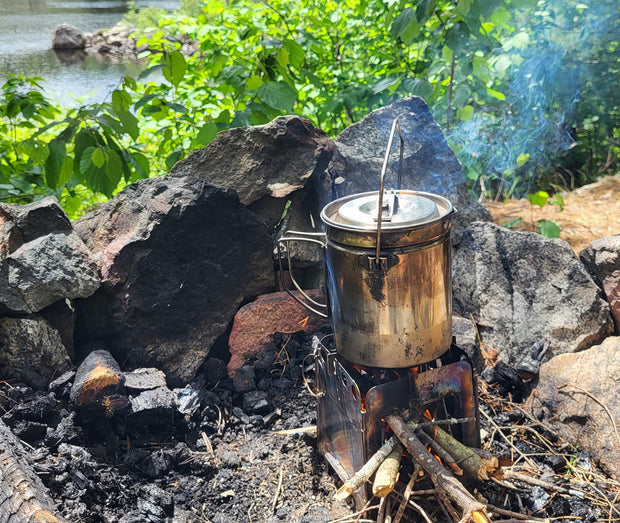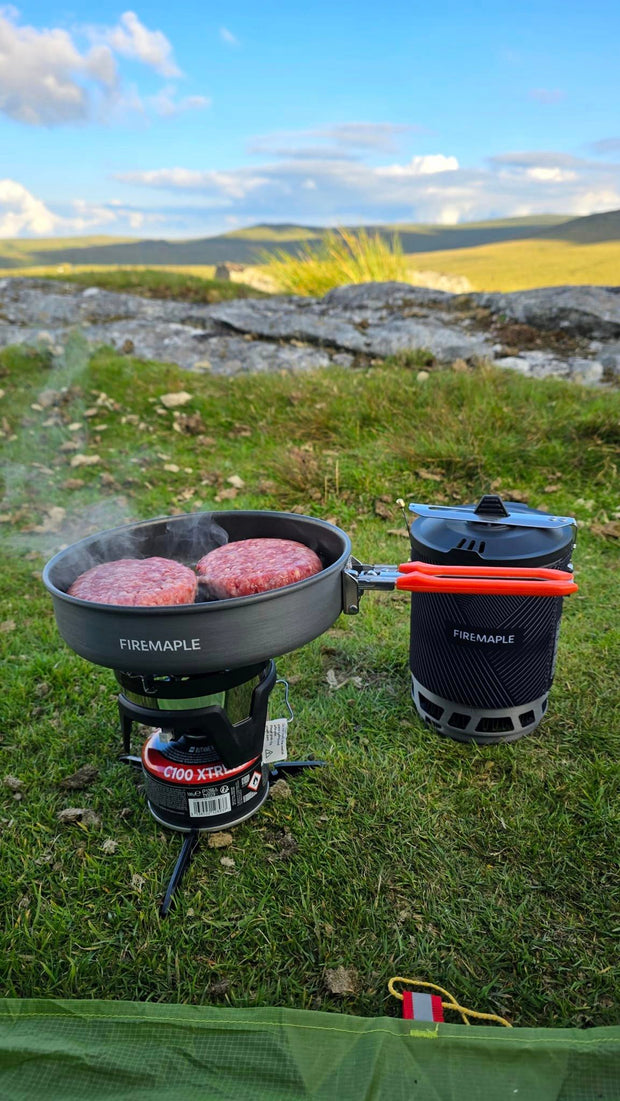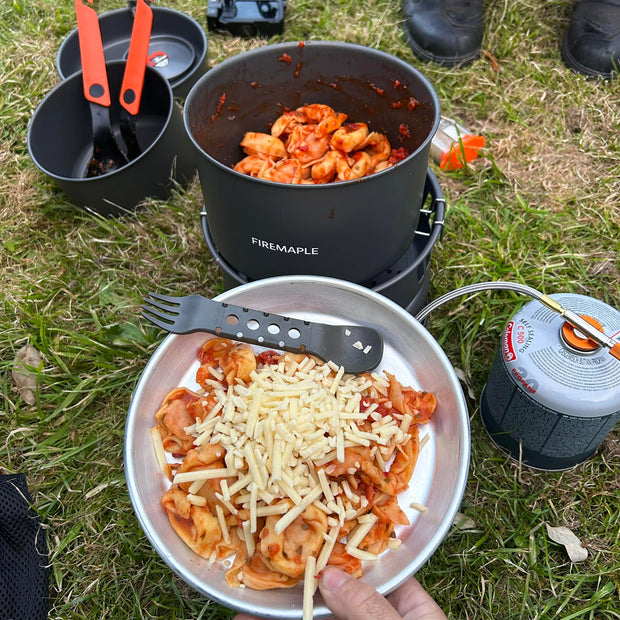Chuck a snag or boil the billy with Cosy Camp's awesome Outdoor Camping Cookware range. Whether you're having a Barbie under the tree or brewing a cuppa, our top-notch gear is built to last. Backed by an excellent warranty and our ace customer service team, bush cooking's a breeze. Dive into our collection and take your camp tucker up a notch today!
Cookware
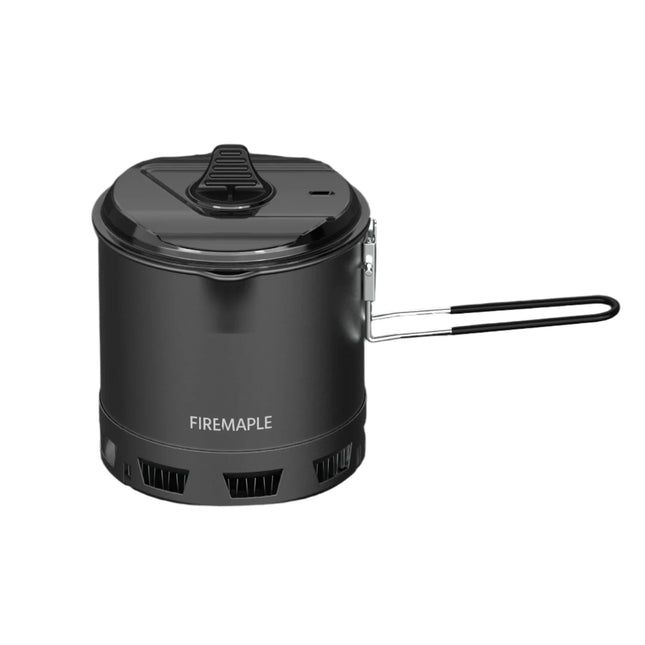
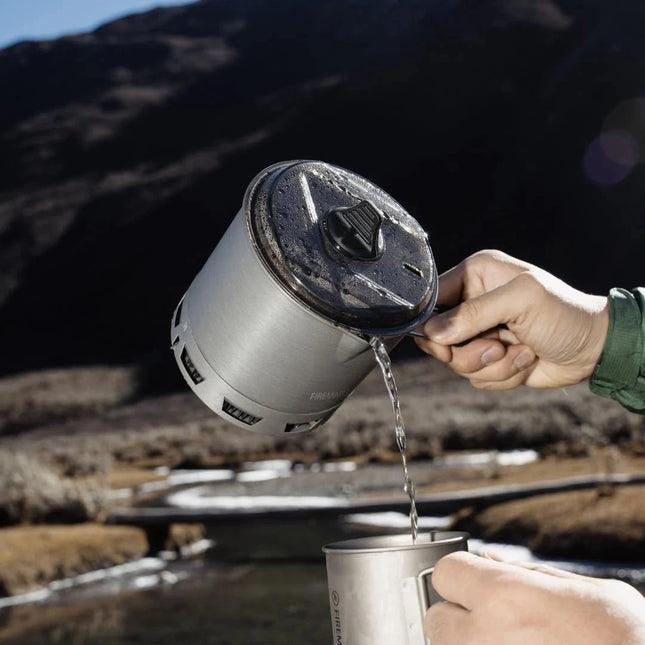
FIREMAPLE Petrel G2 Ultralight Heat-exchanger Pot 750ml
$9.90 - $44.90
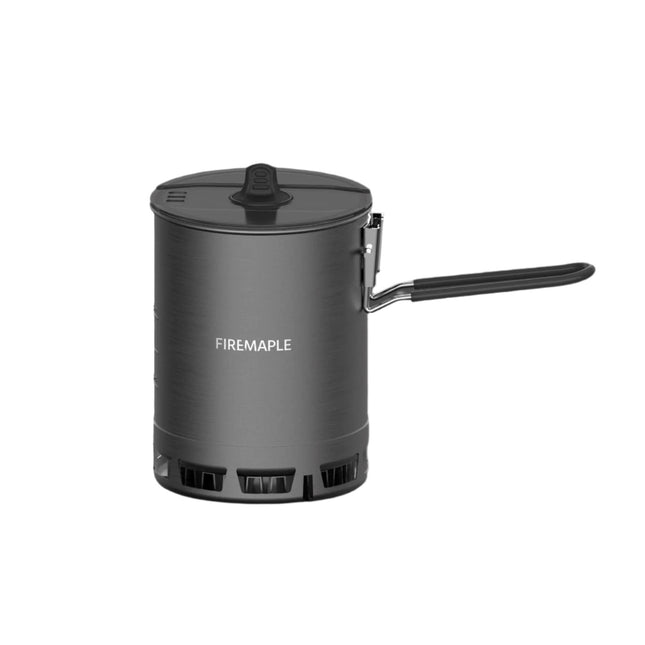
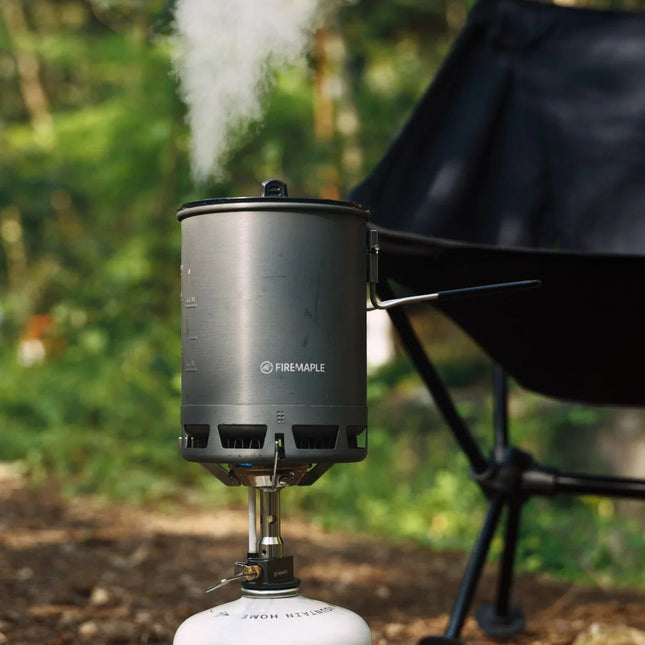
FIREMAPLE Petrel Ultralight Heat-exchanger Pot 600ml
$9.90 - $39.90
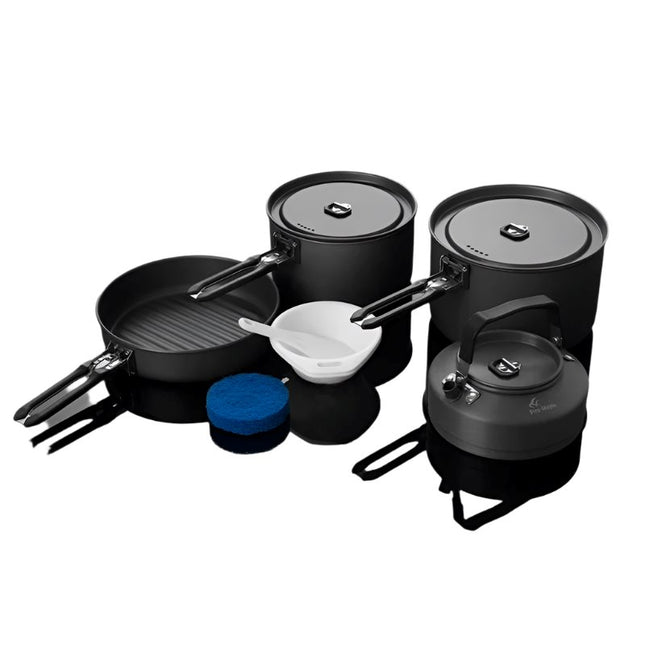
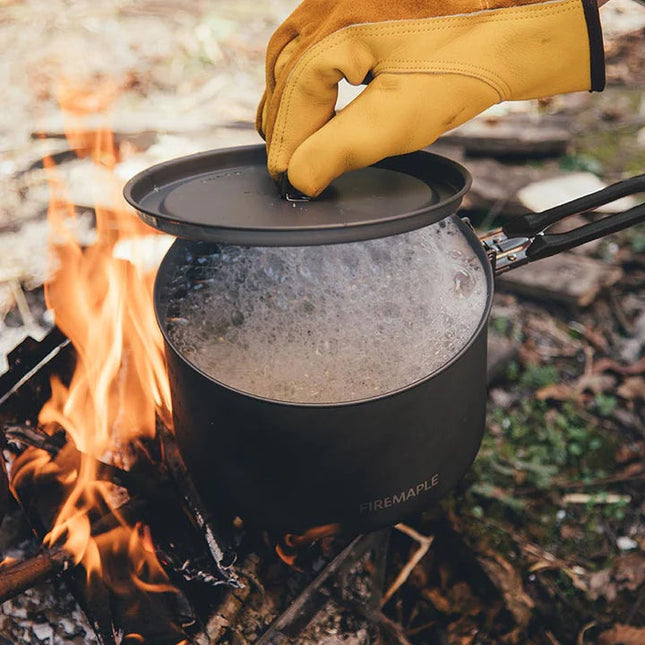
FIREMAPLE FEAST Cookware Set 4
$99.90
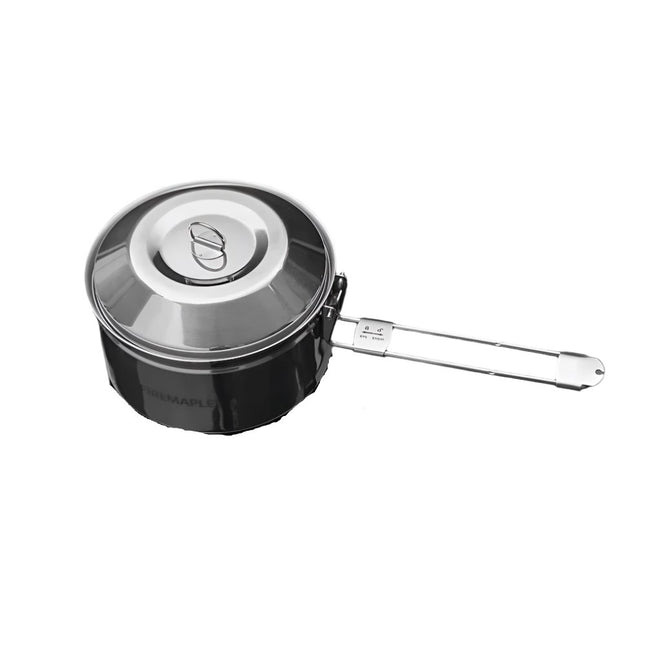
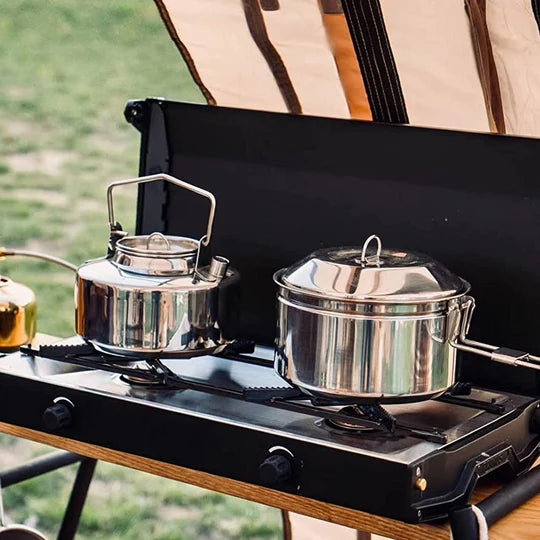
FIREMAPLE Antarcti stainless steel kettle & pot set
$49.90 - $89.90
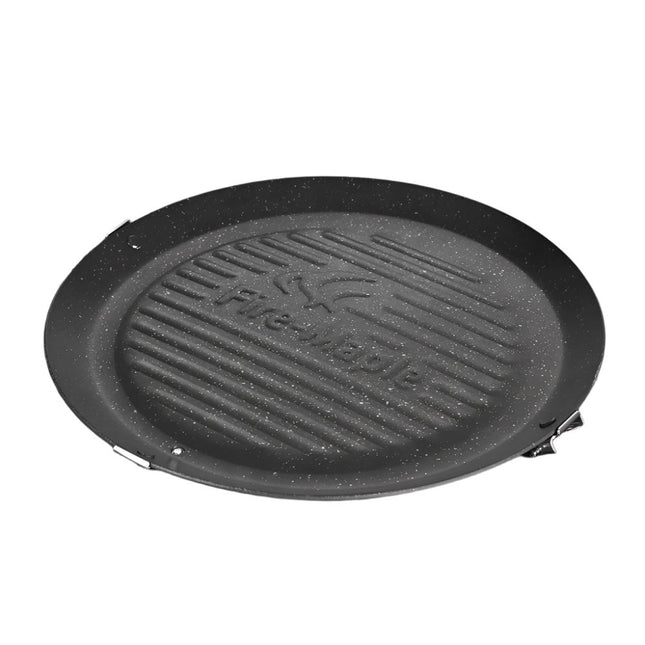
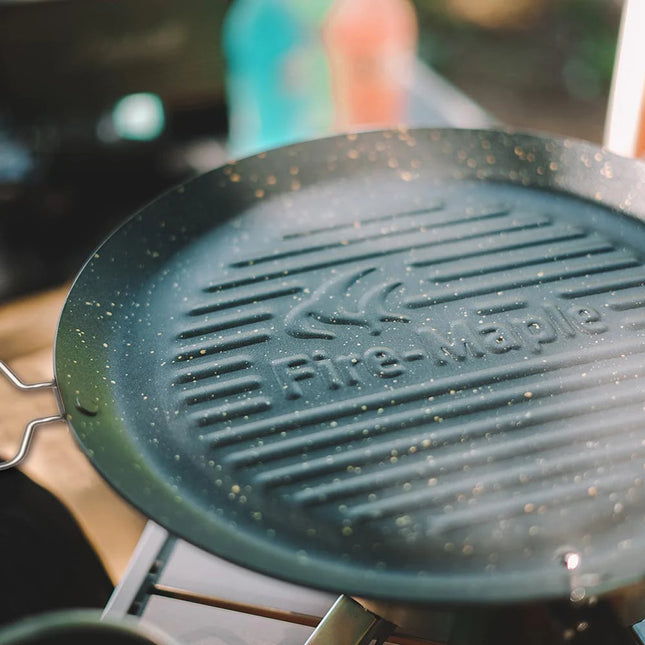
FIREMAPLE Portable Grill Pan
$59.90
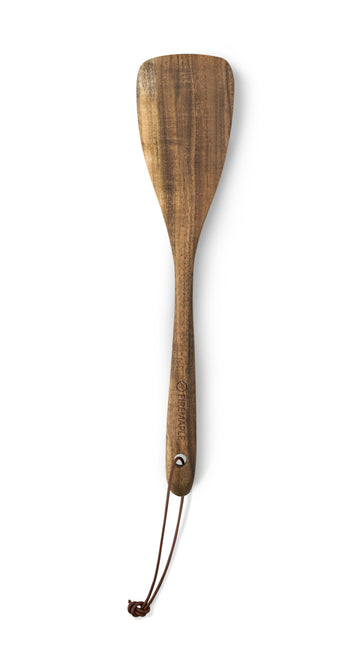
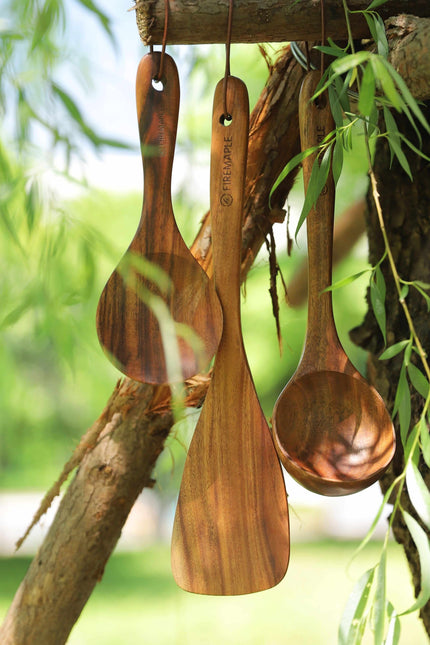
FIREMAPLE Cooking Tools
$9.90 - $16.90
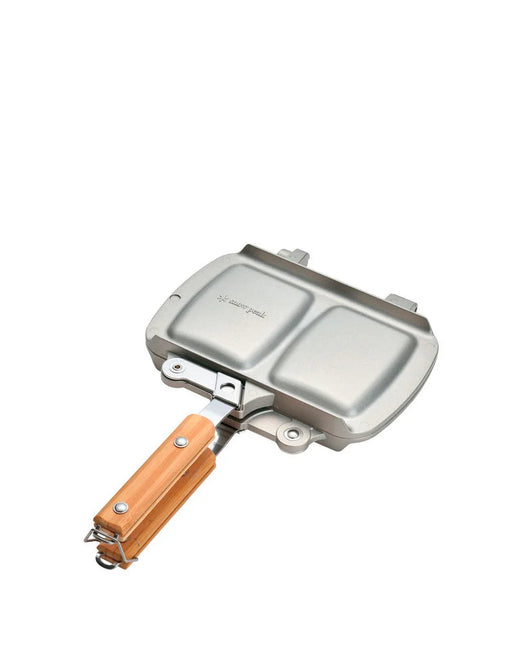
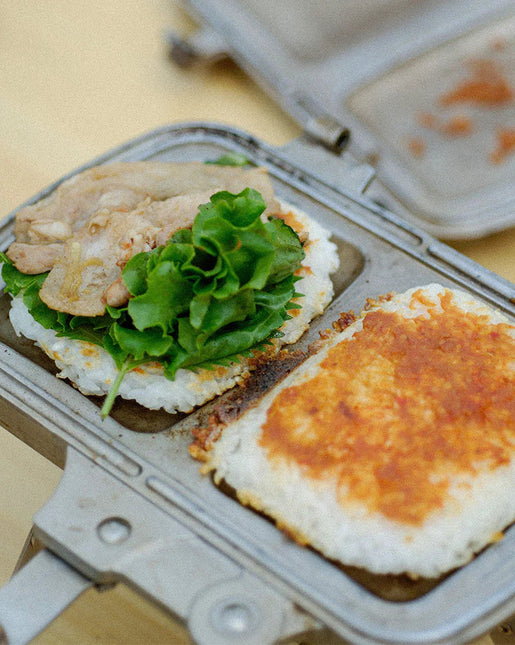
SNOW PEAK Toasted Sandwich Maker
$129.90


FIREMAPLE FEAST Cookware Set 3
$79.90
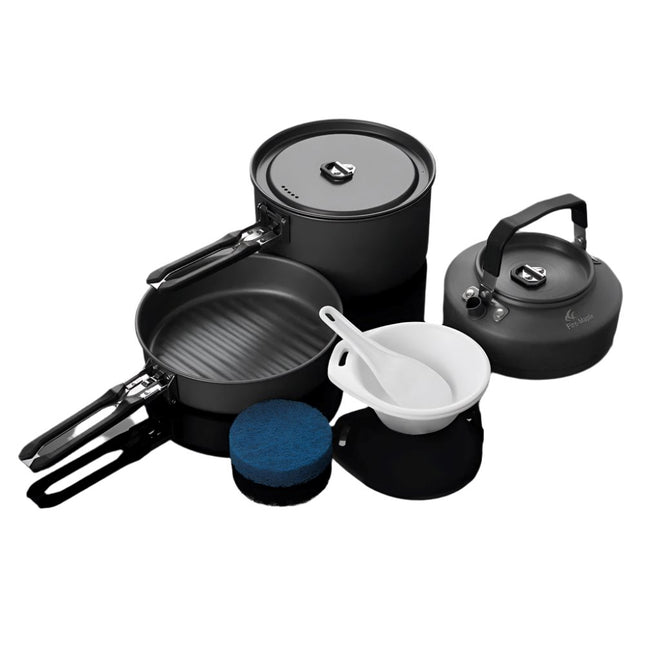
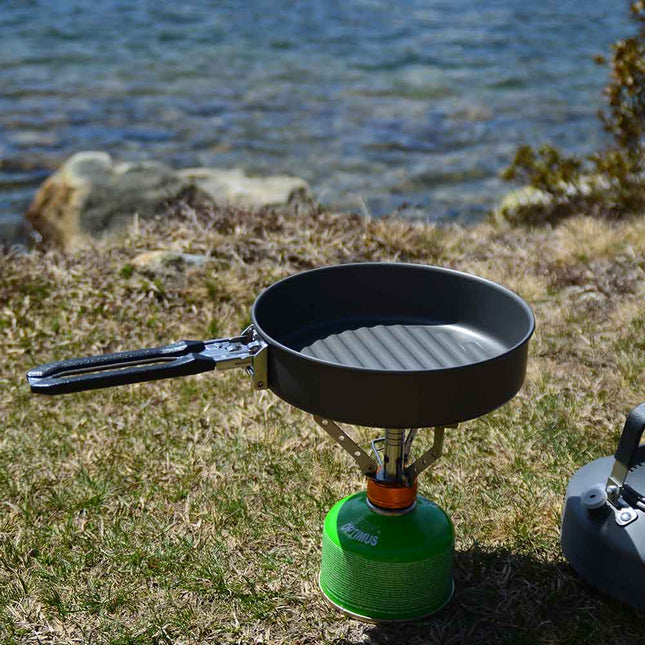
FIREMAPLE FEAST Cookware Set 2
$79.90


How to pick your Camping Cookware
Material, type, size, and maintenance, know what you need!
What’s the best cookware material for beginners?
Non-stick is often the most beginner-friendly. It’s easy to use, requires less oil, and is simple to clean. If you want something versatile and durable, stainless steel is a great option too, as it’s resistant to rust and suitable for various cooking techniques.
How do I know what size of cookware to buy?
Think about the meals you usually make and how many people you cook for. For example, if you typically cook for one or two, a 2-4 quart saucepan and an 8-10 inch skillet should be enough. For families or batch cooking, consider larger options like a 5+ quart stockpot or Dutch oven.
What types of cookware are essential for a starter kitchen?
Start with a few basics: a skillet for frying and sautéing, a saucepan for boiling and making sauces, and a stockpot or Dutch oven for soups and stews. These three types cover most cooking methods and give you flexibility.
How important is heat conductivity when choosing camping cookware?
Heat conductivity affects how evenly your food cooks. Copper and aluminum are excellent conductors, meaning they heat quickly and evenly. Stainless steel is less conductive but more durable. Many people choose stainless steel with an aluminum or copper core for the best of both worlds.
How should I care for my cookware to make it last?
Each material has its own care requirements. Non-stick should be hand-washed with a soft sponge, and metal utensils should be avoided. Cast iron needs to be seasoned regularly to maintain its non-stick surface and prevent rust. Stainless steel and enameled cookware can be cleaned with a bit of baking soda to maintain their shine.
Should I buy individual pieces or a cookware set?
A set can be convenient and usually offers good value, especially if you need multiple pieces. However, if you only need a few specific items or want different materials for different tasks, buying individually may be more suitable. Look for versatile, high-quality pieces you’ll use frequently, rather than a set with items you may never use.

























